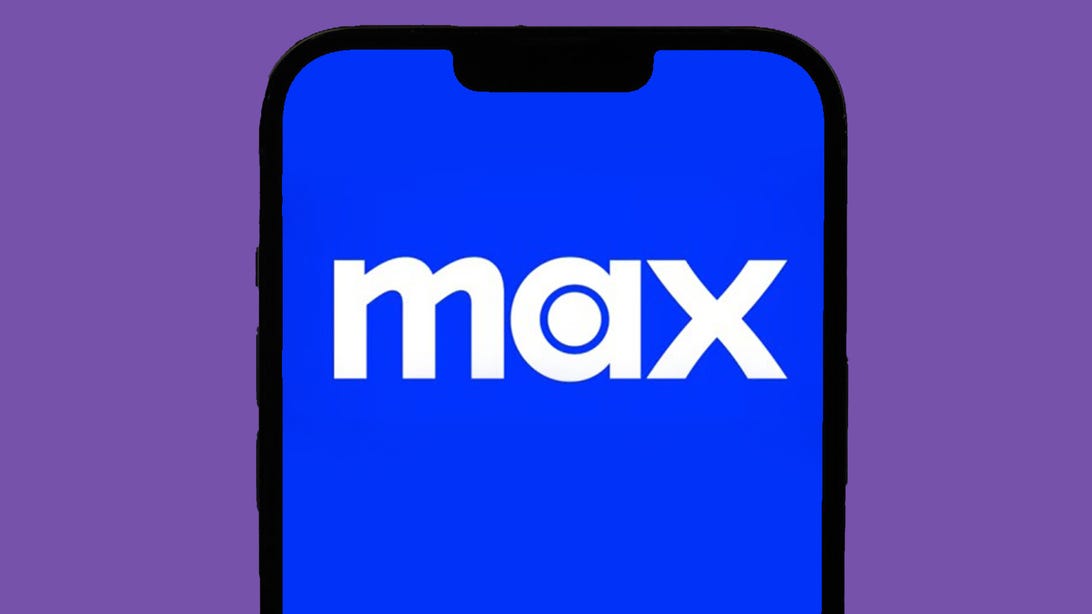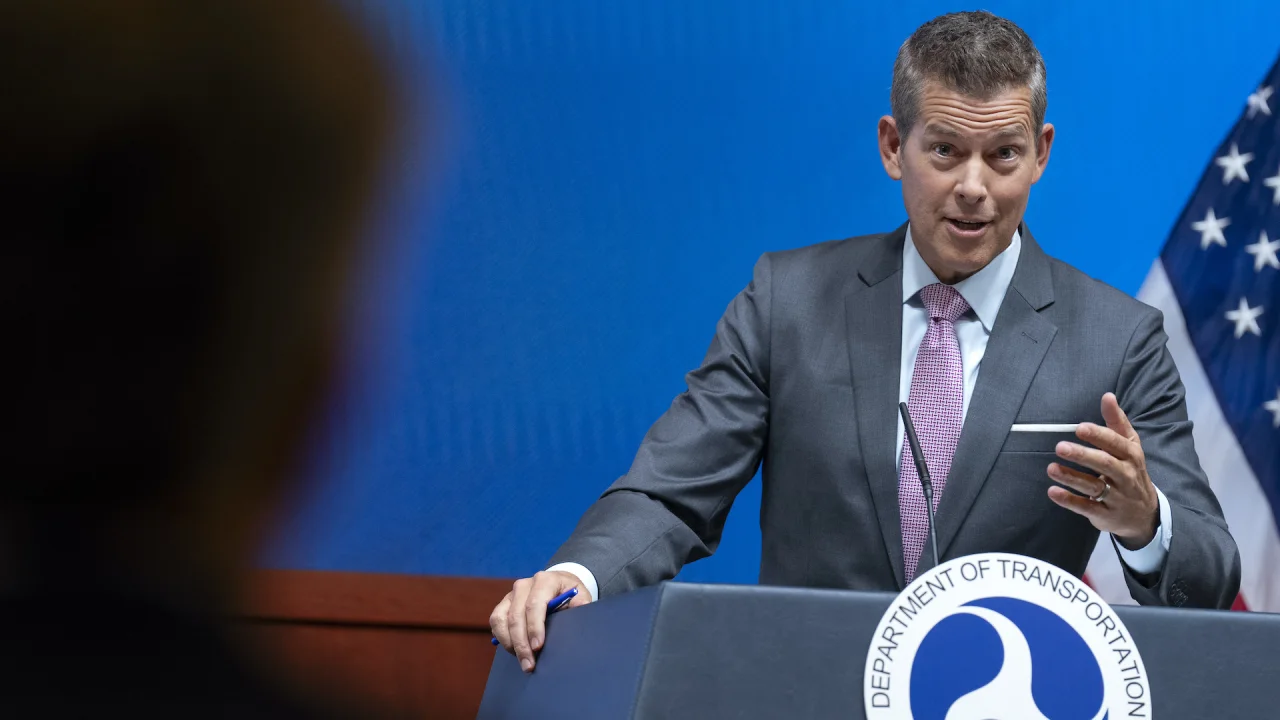How Trump weakened the EEOC in just 100 days
Since its inception in 1965, the Equal Employment Opportunity Commission has enforced antidiscrimination laws and acted as the first line of defense for Americans who experience workplace discrimination on the basis of race, gender, religion, age, disability, or sexual orientation. Even while facing a shrinking budget and staffing constraints, the agency has managed to secure significant payouts for workers who have been the target of discrimination. In 2024, the EEOC recovered nearly $700 million for about 21,000 workers, a sum far beyond its $455 million budget. The past year also saw an uptick in the number of discrimination charges fielded by the EEOC, an increase of about 9% from the year prior to over 88,500 charges. Over the past few months, however, President Trump has taken multiple steps to undermine the authority and independence of the EEOC. Presidents typically allow commissioners of federal agencies to serve out their terms, regardless of their political affiliation. But just days into his presidency, Trump fired two EEOC commissioners—Jocelyn Samuels and Charlotte Burrows, who was chair of the agency under President Biden—before their term limits were up. In doing so, he eliminated the Democratic majority and left the agency without a three-person quorum. (Samuels has filed a lawsuit contesting her termination.) Without a quorum, the EEOC cannot vote to issue new regulations or guidance or revise existing regulations or guidance. The agency also cannot pursue certain types of litigation or systemic cases of discrimination. A new acting chair Andrea Lucas, the new acting chair of the EEOC and a conservative voice known for her criticisms of diversity, equity, and inclusion efforts in the workplace, has furthered the president’s anti-DEI agenda since being instated. Former EEOC officials like Jenny Yang, a partner at workers’ rights law firm Outten & Golden and onetime EEOC chair, have been alarmed by Trump’s influence over the agency’s priorities. “It’s really an unprecedented and quite radical shift from pursuing the historic mission of the EEOC—which was to advance equal opportunity for everyone and to ensure employers prevent and remedy discrimination—to one that is really turning our civil rights laws on their head and targeting employers for taking efforts to prevent discrimination,” Yang says. “[The EEOC is] seeming to suggest that its mission is actually only focused on some workers that have the kinds of claims that this administration thinks are worthy.” (The EEOC did not respond to a request for comment for this story.) As she stepped into the role of acting chair in January, Lucas suggested that the EEOC had not thoroughly investigated certain types of discrimination. “I look forward to restoring evenhanded enforcement of employment civil rights laws for all Americans,” she said in a statement. “In recent years, this agency has remained silent in the face of multiple forms of widespread, overt discrimination.” Lucas went on to note that her priorities would be in line with Trump’s executive orders and would include “rooting out unlawful DEI-motivated race and sex discrimination” and “defending the biological and binary reality of sex and related rights, including women’s rights to single‑sex spaces at work.” Alleged overreach Lucas has executed on those priorities in the months since, issuing a document on DEI-related discrimination that defines what constitutes an “unlawful” DEI initiative and addressing questions like whether a DEI training could create a hostile work environment. In a particularly controversial move, Lucas sent letters to 20 law firms in March asking for details on their DEI-related employment practices, specifically flagging diversity fellowships and employee resource groups in some cases. Yang and other former EEOC officials have described this move as a clear overreach and beyond the scope of a commissioner’s authority, even outlining their concerns in a letter addressed to Lucas. (A group of law students has also brought a lawsuit against the EEOC over its inquiries to law firms.) “It was really just stunning and frightening to see such a blatant disregard of Title VII statutory language because the commission only has authority as enumerated by Congress,” Yang says. “The commission’s authority stems from opening an investigation of a charge. But there’s no authority to ask employers for sensitive information not through the charge process.” Part of the reason for that, she points out, is a confidentiality provision that ensures privacy as the EEOC collects information related to the charge. While the EEOC may have lacked the authority to send those letters, four law firms have already reached settlement agreements with the agency in response to the inquiries, even promising to drop the term DEI and committing to “merit-based” employment practices. “It seems like these letters were really an attempt to intimidate the firms int
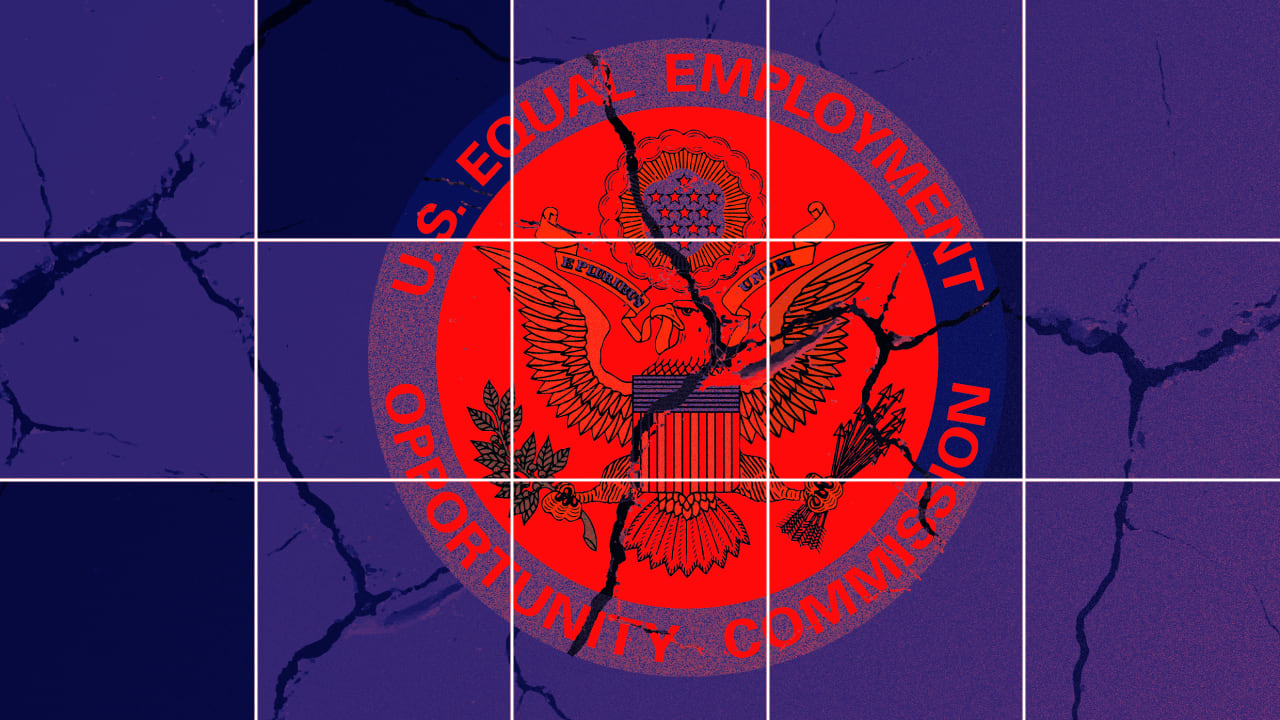
Since its inception in 1965, the Equal Employment Opportunity Commission has enforced antidiscrimination laws and acted as the first line of defense for Americans who experience workplace discrimination on the basis of race, gender, religion, age, disability, or sexual orientation. Even while facing a shrinking budget and staffing constraints, the agency has managed to secure significant payouts for workers who have been the target of discrimination. In 2024, the EEOC recovered nearly $700 million for about 21,000 workers, a sum far beyond its $455 million budget. The past year also saw an uptick in the number of discrimination charges fielded by the EEOC, an increase of about 9% from the year prior to over 88,500 charges.
Over the past few months, however, President Trump has taken multiple steps to undermine the authority and independence of the EEOC. Presidents typically allow commissioners of federal agencies to serve out their terms, regardless of their political affiliation. But just days into his presidency, Trump fired two EEOC commissioners—Jocelyn Samuels and Charlotte Burrows, who was chair of the agency under President Biden—before their term limits were up. In doing so, he eliminated the Democratic majority and left the agency without a three-person quorum. (Samuels has filed a lawsuit contesting her termination.)
Without a quorum, the EEOC cannot vote to issue new regulations or guidance or revise existing regulations or guidance. The agency also cannot pursue certain types of litigation or systemic cases of discrimination.
A new acting chair
Andrea Lucas, the new acting chair of the EEOC and a conservative voice known for her criticisms of diversity, equity, and inclusion efforts in the workplace, has furthered the president’s anti-DEI agenda since being instated. Former EEOC officials like Jenny Yang, a partner at workers’ rights law firm Outten & Golden and onetime EEOC chair, have been alarmed by Trump’s influence over the agency’s priorities.
“It’s really an unprecedented and quite radical shift from pursuing the historic mission of the EEOC—which was to advance equal opportunity for everyone and to ensure employers prevent and remedy discrimination—to one that is really turning our civil rights laws on their head and targeting employers for taking efforts to prevent discrimination,” Yang says. “[The EEOC is] seeming to suggest that its mission is actually only focused on some workers that have the kinds of claims that this administration thinks are worthy.” (The EEOC did not respond to a request for comment for this story.)
As she stepped into the role of acting chair in January, Lucas suggested that the EEOC had not thoroughly investigated certain types of discrimination. “I look forward to restoring evenhanded enforcement of employment civil rights laws for all Americans,” she said in a statement. “In recent years, this agency has remained silent in the face of multiple forms of widespread, overt discrimination.” Lucas went on to note that her priorities would be in line with Trump’s executive orders and would include “rooting out unlawful DEI-motivated race and sex discrimination” and “defending the biological and binary reality of sex and related rights, including women’s rights to single‑sex spaces at work.”
Alleged overreach
Lucas has executed on those priorities in the months since, issuing a document on DEI-related discrimination that defines what constitutes an “unlawful” DEI initiative and addressing questions like whether a DEI training could create a hostile work environment. In a particularly controversial move, Lucas sent letters to 20 law firms in March asking for details on their DEI-related employment practices, specifically flagging diversity fellowships and employee resource groups in some cases.
Yang and other former EEOC officials have described this move as a clear overreach and beyond the scope of a commissioner’s authority, even outlining their concerns in a letter addressed to Lucas. (A group of law students has also brought a lawsuit against the EEOC over its inquiries to law firms.) “It was really just stunning and frightening to see such a blatant disregard of Title VII statutory language because the commission only has authority as enumerated by Congress,” Yang says. “The commission’s authority stems from opening an investigation of a charge. But there’s no authority to ask employers for sensitive information not through the charge process.” Part of the reason for that, she points out, is a confidentiality provision that ensures privacy as the EEOC collects information related to the charge.
While the EEOC may have lacked the authority to send those letters, four law firms have already reached settlement agreements with the agency in response to the inquiries, even promising to drop the term DEI and committing to “merit-based” employment practices. “It seems like these letters were really an attempt to intimidate the firms into voluntarily dropping any efforts that they might have been engaged in to advance equal opportunity in the workplace,” says Katie Sandson, the senior counsel for education and workplace justice at the National Women’s Law Center.
Shifting agency priorities
Beyond explicitly targeting DEI programs, multiple reports indicate that the EEOC has already started deprioritizing charges related to gender identity. EEOC employees have reportedly been instructed to classify charges of gender identity discrimination as low priority, a category typically intended for charges that lack merit.
The agency is also reportedly dismissing lawsuits that involve discrimination against transgender and gender-nonconforming workers, citing Trump’s executive order that recognizes only two biological sexes. Other reports have found that EEOC judges are being asked to stop hearing cases that involve allegations of discrimination over gender identity. A number of EEOC employees have reportedly left the agency since Lucas took over, according to The New York Times, in part due to concerns that the agency has been politicized; some employees, like administrative judge Karen Ortiz, have publicly pushed back on the new directives and refused to stop evaluating cases.
A new executive order handed down by Trump just last week could put more pressure on the EEOC to dismiss certain cases outright, Yang says. The order challenges the theory of disparate impact liability, which refers to when someone is treated differently on the basis of protected characteristics like race and gender—the concept behind countless discrimination cases.
Trump instructed the EEOC to “take appropriate action” on all investigations or suits that involve a theory of disparate impact. “It could be a criminal background screen, pay equity issue, or hiring discrimination,” Yang says. “It’s likely, based on that executive order, that all of those pending charges are just going to be dismissed rather than investigated, and that will have a significant impact on many workers.”
A changing footprint
Workers who turn to the EEOC could also face more hurdles if the agency shuts down eight field offices that have been marked for lease termination by the Department of Government Efficiency—a concern that Democrats in Congress have also raised in a letter to Lucas. “Field offices play a really important role in the EEOC,” Sandson says. “For many workers, they’re the first point of contact with the EEOC in their own communities, and it’s where they go when they want to pursue an action. They investigate these cases, they do intakes, they do outreach and education events. Closing those offices would just be another action that would really undermine the EEOC’s ability to serve workers across the country.”
The EEOC is often the sole option for workers who face discrimination on the job, particularly those in low-wage jobs who can’t afford to hire a lawyer on a contingency basis. But that could change if the agency is now deprioritizing certain types of employment discrimination. “Many workers will have no recourse,” Yang says. “The private bar can step in, in some cases, but there are many other workers who won’t be able to vindicate their rights. Laws require enforcement to have meaning, and this is just a giant step backwards for equal opportunity. I worry that many workers won’t know where to go.”































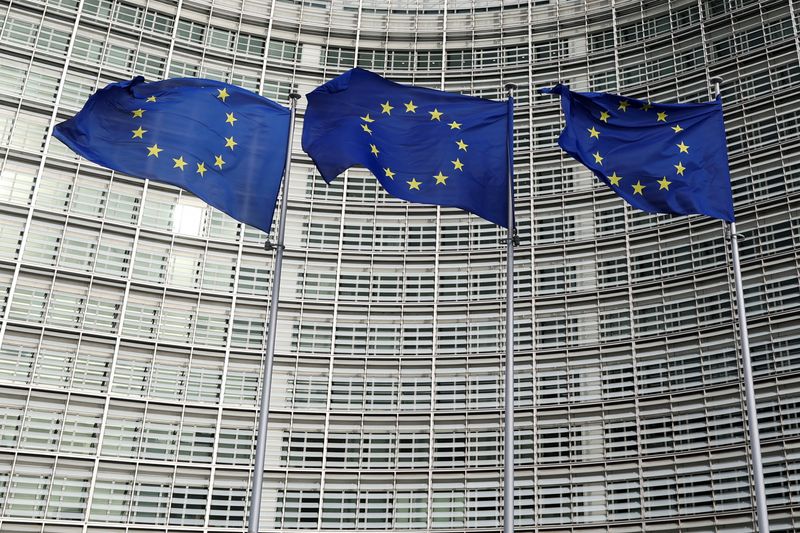
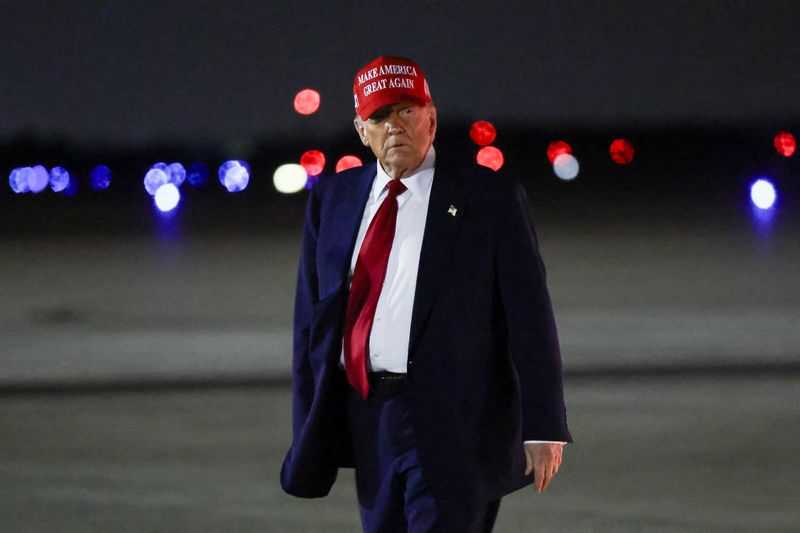






























































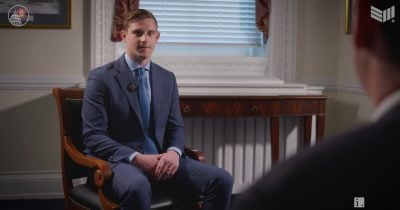














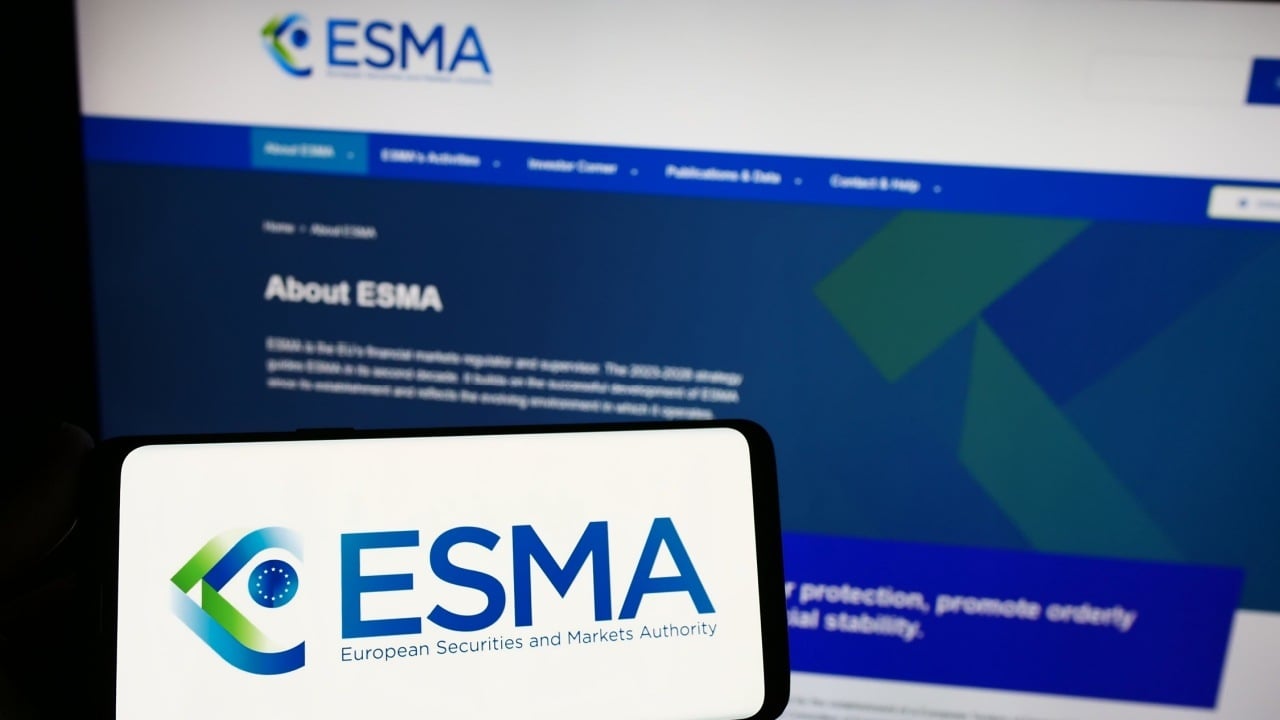



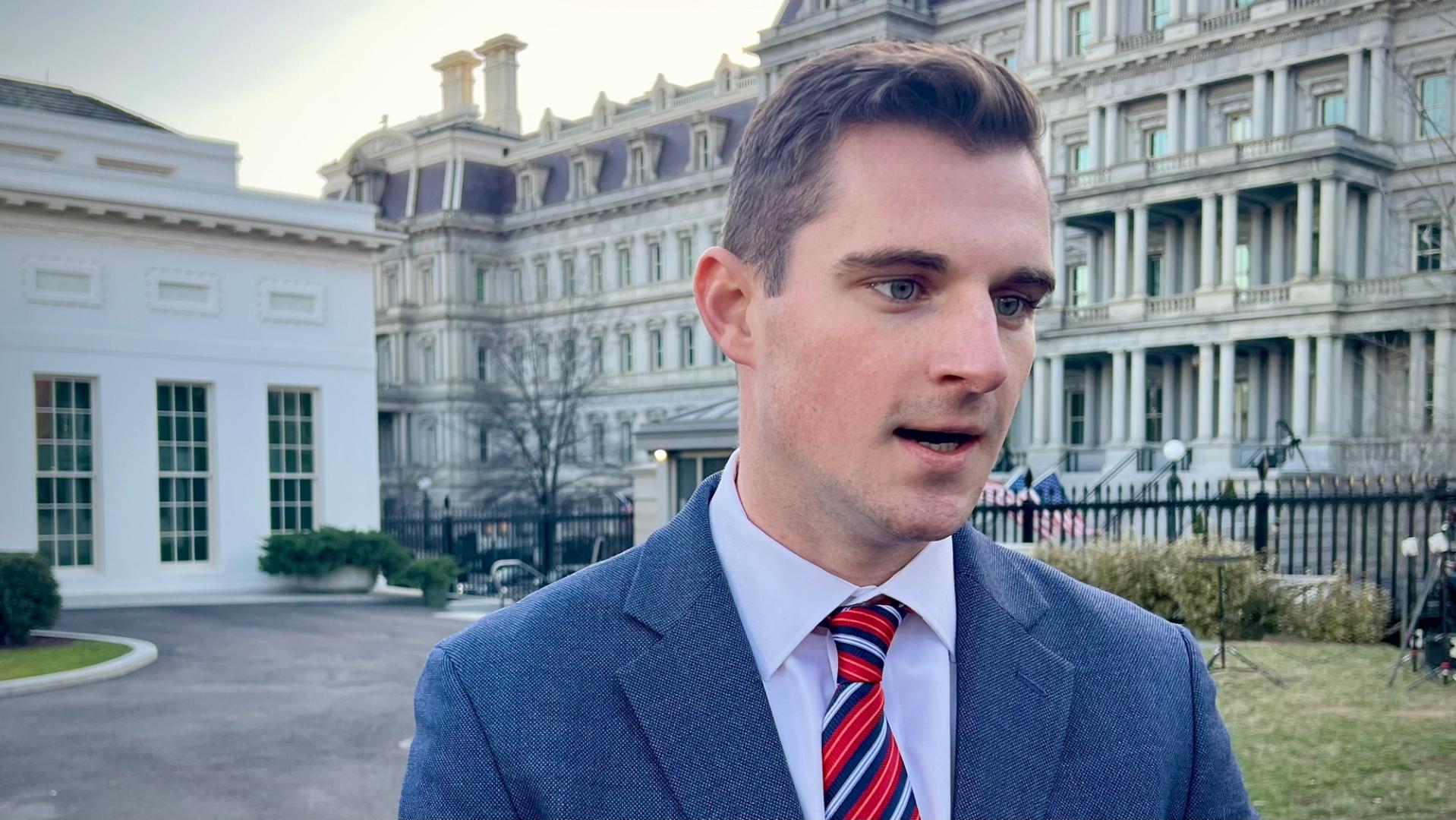
























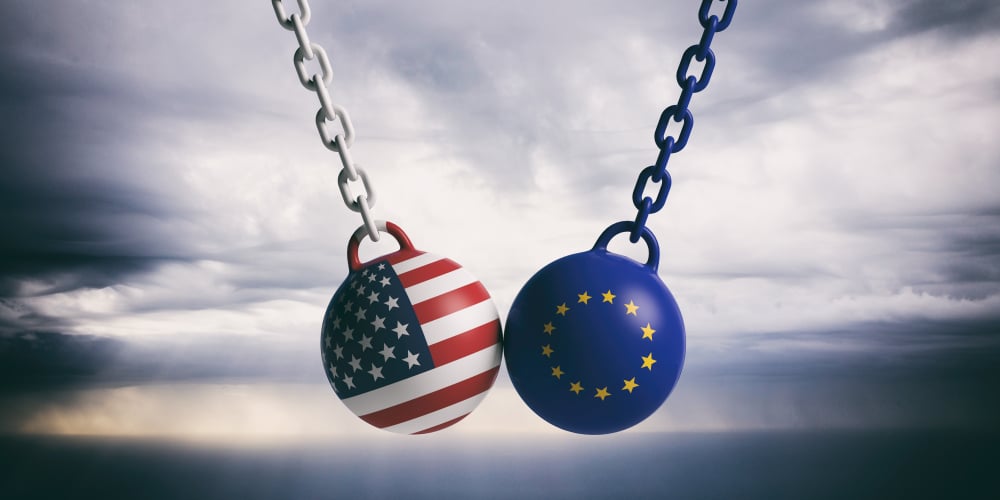


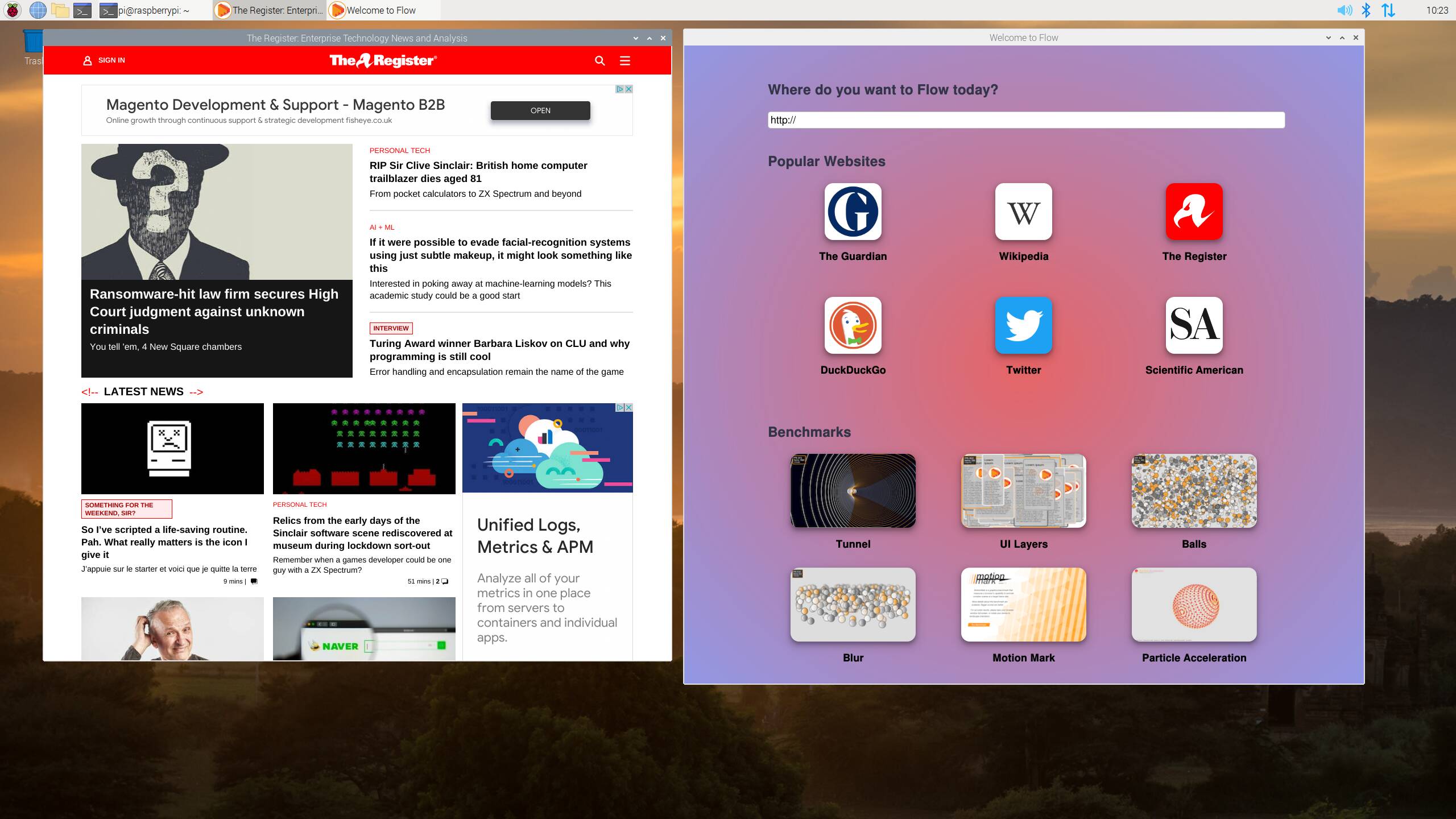

![[Free Webinar] Guide to Securing Your Entire Identity Lifecycle Against AI-Powered Threats](https://blogger.googleusercontent.com/img/b/R29vZ2xl/AVvXsEjqbZf4bsDp6ei3fmQ8swm7GB5XoRrhZSFE7ZNhRLFO49KlmdgpIDCZWMSv7rydpEShIrNb9crnH5p6mFZbURzO5HC9I4RlzJazBBw5aHOTmI38sqiZIWPldRqut4bTgegipjOk5VgktVOwCKF_ncLeBX-pMTO_GMVMfbzZbf8eAj21V04y_NiOaSApGkM/s1600/webinar-play.jpg?#)









